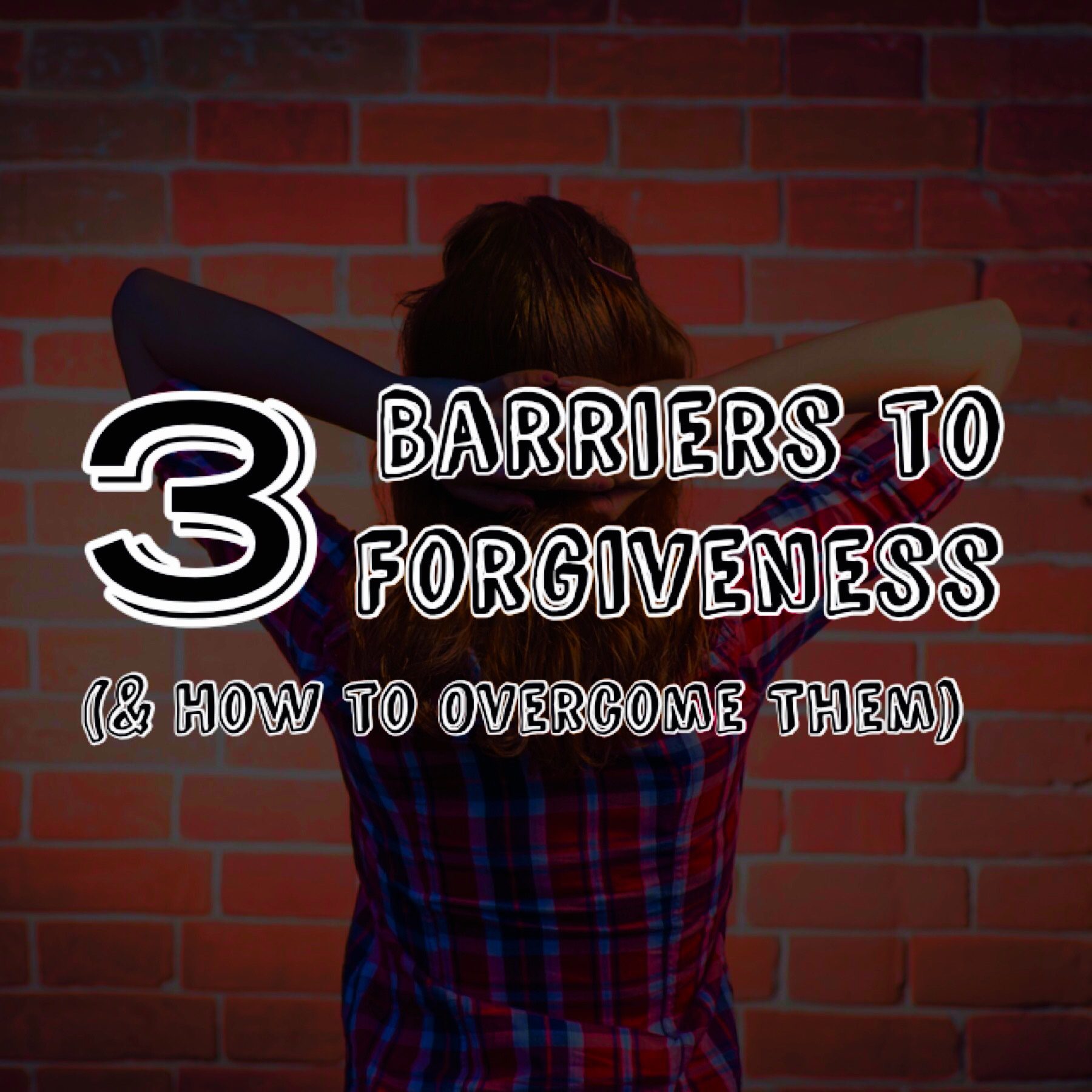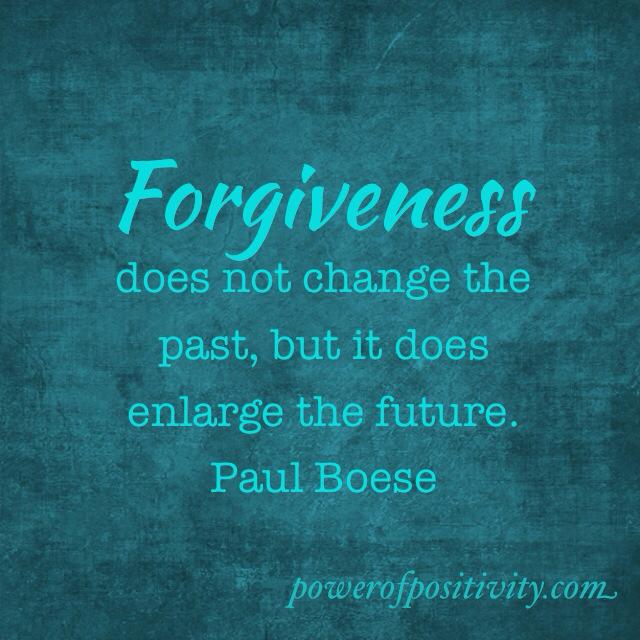Forgiving someone basically means releasing anger, resentment, or pain for the way the person treated you or a mistake they made. While holding a grudge only hurts one person in the end – yourself – so many of us hold onto past pain because we just can’t believe someone else could cause such deep wounds. We often seek revenge on the person for their wrongdoings, instead of trying to understand their intentions. Ultimately, forgiveness is the best resolution.
Of course, you shouldn’t automatically excuse their behavior, but forgiving them anyway could actually prevent a lot of mental and physical anguish. All of us struggle with forgiveness from time to time, but you can easily overcome the three most common hurdles people face when trying to forgive someone.
Here are the 3 most prevalent barriers to forgiveness, and ways you can overcome them:
1. Feeling unready to forgive.
Obviously, you have to feel mentally prepared and willing to understand the other person’s point of view before you can make a commitment to forgiving them. Maybe you fear that the person will only hurt you again in the future, or you just can’t fathom how this person could have such disregard for your feelings. So, how can you transcend the desire to ruminate on what the person did and instead attempt to forgive them?
First, take all the time you need to forgive the person. Maybe they caused such turmoil and destruction in your relationship that you want to step away for a while and let time heal the wounds. During your time of reflection, think about how severely the infraction sabotaged your relationship, and remember to put into perspective how long you have known or been in a relationship with this person. Do you want to throw away an important relationship because of one mishap? Maybe so, but you must make this choice on your own. However, your decision will determine the progression of the next part of this exercise.
Next, recall the exact offense you struggle to come to terms with and observe how you feel.
In creating this visualization, what emotions come to the surface?
How do you feel within your body? What are your thoughts about yourself and the other person? After you have a clear picture in your mind of the wrongdoing and how it made you feel, think about what you and the other person could have done differently. Could the story have unfolded another way? Also, maybe you could change your behavior or word choice next time in order to avoid this situation. Understand the lesson in the pain, and it will help you realize that maybe the person didn’t have bad intentions, or maybe they didn’t purposely want to cause you any harm. This brings us to the next point…
2. Shielding yourself from further harm.
Another major barrier to forgiveness deals with wanting to protect yourself from any subsequent pain by shutting yourself off so you don’t have to become a victim for any more “attacks.” Understandably, many people feel that a statement of forgiveness gives the other person the go-ahead to continue controlling, abusive, or hurtful behavior in the future. This prevents forgiveness in a lot of cases due to fear of getting hurt again. Now, if the other person can’t or won’t meet your needs, you have a right to speak up and either redefine your requirements in the relationship, or decide to end it altogether.
Forgiveness does not have to mean a surrender of control – you can still offer compassion while setting boundaries in your relationship. To set limits on certain behaviors, discuss openly with your partner or friend about how you feel and what needs to change in the future in order for you to feel happy and comfortable in the relationship. Set the terms of your limits, and give them a timeframe to demonstrate that they comprehend the significance of the limits and how these can benefit the relationship. If they haven’t adhered to your desires after a certain date, decide if you want this person to keep having a place in your life or not.
3. Fear of a tarnished social reputation.
Our society teaches that any sort of expression of vulnerability and understanding will make us weak and a prime target for people to take advantage of us. Many people avoid forgiving others because they feel it will knock them down a rung on the totem pole and ruin their image or social status. It also hurts the ego to forgive, because the ego becomes bolstered from a victim mentality; it gets diminished at any sign of love or compassion.
However, in order to forgive, you need to shift your focus from public opinion to your own outlook about yourself. Forgiving someone will only wound your self-image if you have a low opinion of yourself.
So, how can you strengthen your self-worth so that forgiveness does not affect how you see yourself?
First, realize that other people’s opinions of you should have no impact on how you view yourself. You need to develop an independent interpretation of your inner self that can stand strong in the face of scrutiny. To do this, imagine another person in your life who truly loves and admires you sitting across from you. Picture the person looking at you with understanding, love, acceptance, and adoration. Let these feelings permeate your being, and sit with them for a minute.
Now, picture yourself looking back at you, and projecting those same feelings outward. Try to imagine that you truly view yourself like that other person staring back at you does, and notice how that makes you feel inside. It may take practice, but you can cultivate an immense feeling of self-love with this exercise.
Final Thoughts on Forgiveness
Are you ready to knock down the barriers and forgive? Begin with the declaration in the comments below: “I forgive and release. I am enabling my walk toward a brighter future!”


















